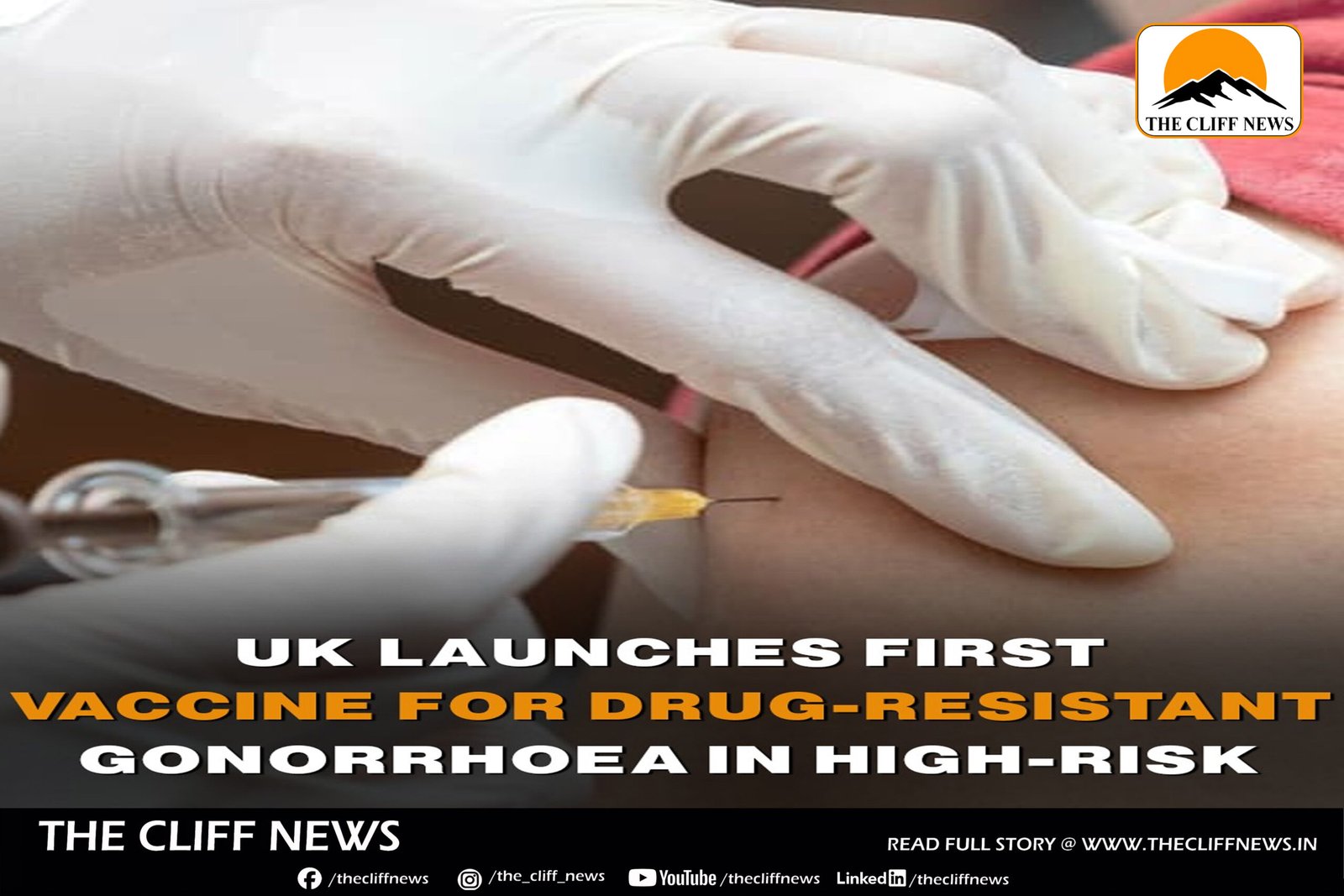In a global first, England’s National Health Service (NHS) has launched a free nationwide gonorrhoea vaccination programme, beginning August 4, to combat soaring STI cases and tackle growing antibiotic resistance.
The vaccine rollout, targeting those most at risk, is being hailed as a public health milestone amid record-breaking infection rates. In 2023, gonorrhoea cases in England hit 85,000—the highest since tracking began in 1918 and nearly triple the number reported in 2012.
🔬 What’s the Vaccine?
The jab is based on 4CMenB, a vaccine originally designed to protect against meningococcal B disease. While not specifically made for gonorrhoea, studies show it offers 32.7–42% protection against the infection—enough to significantly reduce transmission, reinfection, and complications.
🎯 Who Is Eligible?
The vaccine will be offered through sexual health clinics to:
- Men who have sex with men (MSM) who have:
- Had multiple partners recently
- Or been diagnosed with another bacterial STI in the past 12 months
🗣️ What Officials Are Saying
Ashley Dalton, Minister for Public Health and Prevention:
“This world-first vaccination programme will help turn the tide on infections… I strongly encourage anyone who is eligible to come forward for vaccination.”
Dr. Sema Mandal, UK Health Security Agency:
“The vaccine will give much needed protection to those that need it most – making the UK a world leader in the fight against gonorrhoea.”
💉 Offered Alongside Other STI Vaccines
Eligible individuals at sexual health clinics will now be able to receive the gonorrhoea jab along with:
- Mpox (formerly monkeypox)
- HPV (human papillomavirus)
- Hepatitis A and B
💷 Health and Economic Impact
- Could prevent 100,000 cases over 10 years
- Estimated NHS savings: £7.9 million
- Helps reduce pressure on the system due to antibiotic-resistant strains
⚠️ Why It Matters
Gonorrhoea is not just an inconvenience—it can cause:
- Infertility
- Pelvic inflammatory disease
- Increased HIV transmission risk
And it’s becoming harder to treat as the bacteria evolves resistance to antibiotics.
Bottom line: England is setting a global precedent by using vaccines to fight the rise of a major STI. Experts and health leaders are calling on eligible individuals to come forward and get protected—not just for themselves, but for the wider community.



